Free Speech as Civic Structure by Ronald J. Krotoszynski, Jr. – Edition 2024
Original price was: ₹9,614.00.₹8,650.00Current price is: ₹8,650.00.
Free Speech as Civic Structure by Ronald J. Krotoszynski, Jr. – Edition 2024
Available on backorder
Description
Free Speech as Civic Structure:A Comparative Analysis of How Courts and Culture Shape the Freedom of Speech examines and explains the limited relevance of constitutional text to the scope and vibrancy of free speech rights within a particular national legal system. Across jurisdictions, text or its absence will serve merely as a starting point for judicial efforts to protect speech activity. These judicial efforts, involving an ongoing and dynamic process of common law constitutionalism, will set the precise metes and bounds of expressive freedom within a particular polity.
In the United States, the contemporary Supreme Court largely ignores the actual text of the First Amendment in “First Amendment” cases. Moreover, this pattern repeats elsewhere – including Australia, Israel, South Africa, and the United Kingdom. Judges in systems with relevant constitutional text (the United States and South Africa), as well as relevant statutory text (the United Kingdom), will often disregard the precise articulation of the right in favor of deploying a dynamic common law approach to protect speech from self-interested politicians who seek to distort the process of democratic deliberation. Judges also take the laboring oar in countries that lack a written free speech guarantee (Australia) or even a formal constitution as such (Israel).
The strength or weakness of free speech protections depends critically on the willingness and ability of judges to police government efforts to censor speech – in conjunction with the salience of speech as a socio-legal value within the body politic. Thus, a legal system featuring independent courts, ideally vested with a power of judicial review, but that lacks a written free speech guarantee will likely feature broader protection of the freedom of expression than a legal system with a written guarantee that lacks independent courts. Across jurisdictions, text or its absence invariably serves as, at best, as a starting point for judicial efforts to protect speech. Judges, engaged in a common law enterprise, matter far more than text and common law constitutionalism constitutes the global rule rather than the exception.
Table of Contents
Additional information
| BINDING | Hardcover |
|---|---|
| AUTHOR | Ronald J. Krotoszynski, Jr. |
| EDITION | 2024 |
| ISBN | 9780197662199 |
| PUBLICATION | Oxford University Press |

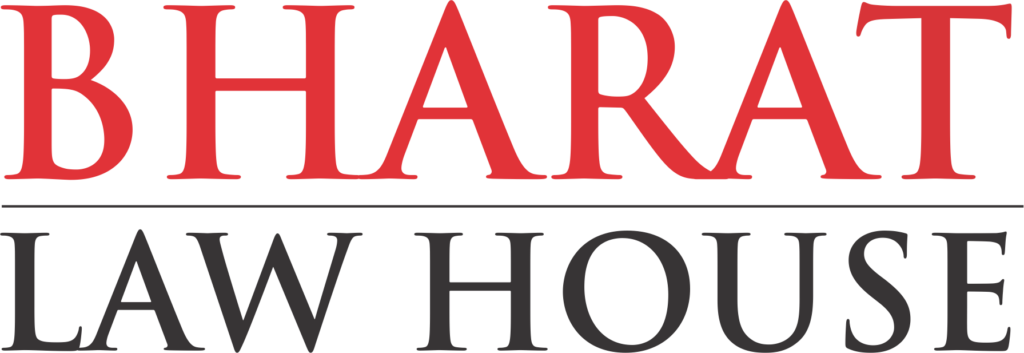

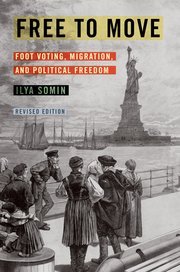
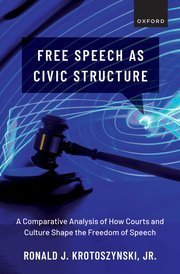
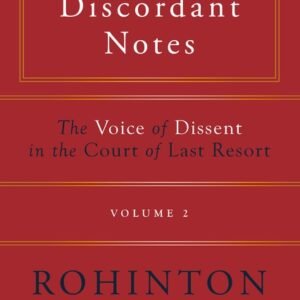

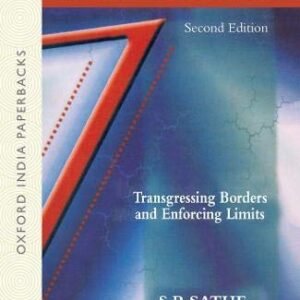
Reviews
There are no reviews yet.